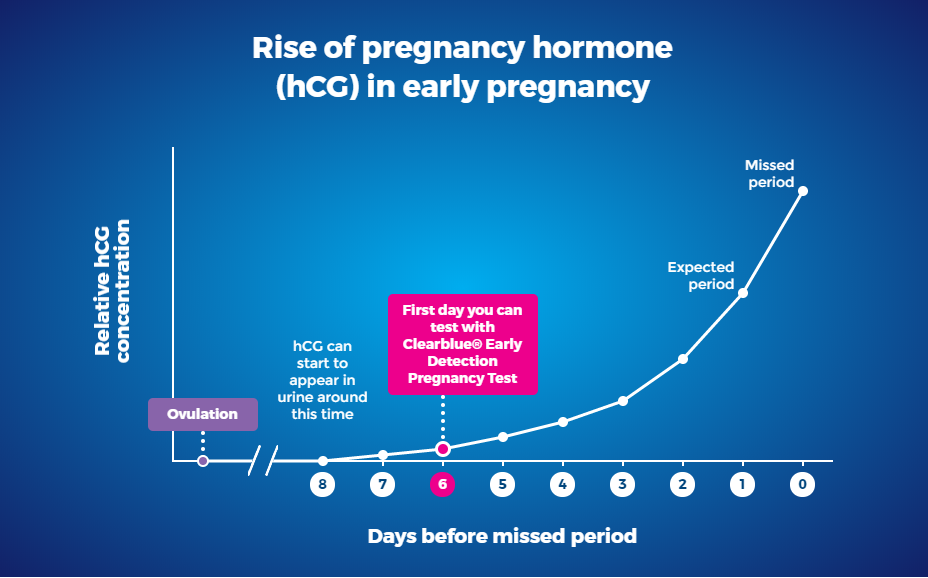
What is hCG in the UK?
Human chorionic gonadotropin (hCG) is a hormone produced by the placenta during pregnancy. It plays a crucial role in supporting pregnancy by stimulating the production of other hormones necessary for fetal development. In the UK HCG is widely used for various medical purposes, including pregnancy testing, fertility treatments, and monitoring certain medical conditions. This article aims to provide an in-depth overview of hCG, its uses in the UK, and its significance in healthcare.
Understanding hCG:
Human chorionic gonadotropin is a glycoprotein hormone consisting of two subunits: alpha and beta. The alpha subunit is structurally similar to other hormones, such as luteinizing hormone (LH), follicle-stimulating hormone (FSH), and thyroid-stimulating hormone (TSH). However, it is the unique beta subunit that distinguishes hCG from other hormones and allows its detection through specific tests.
Uses of hCG in the UK:
Pregnancy Testing: In the UK, hCG is commonly used for pregnancy detection. It is present in the blood and urine of pregnant women and serves as a reliable marker for confirming pregnancy. Home pregnancy tests available in the UK are designed to detect hCG levels in urine. These tests work by identifying the presence of the hCG beta subunit, indicating the onset of pregnancy.
Fertility Treatments: hCG plays a critical role in assisted reproduction. In the UK, it is frequently administered as an injection to trigger ovulation in women undergoing fertility treatments such as in vitro fertilization (IVF) or intrauterine insemination (IUI). By stimulating the release of mature eggs from the ovaries, hCG optimizes the chances of successful fertilization and pregnancy.
Monitoring Pregnancy and Complications: Throughout pregnancy, hCG levels are monitored in the UK to assess the health and development of the fetus. Deviations in hCG levels may indicate potential complications, such as an ectopic pregnancy or miscarriage. Regular hCG measurements, in combination with ultrasound examinations, provide valuable insights into the progress of pregnancy and guide appropriate medical interventions, if required.
Trophoblastic Diseases: hCG testing is also utilized in the UK for the diagnosis and monitoring of trophoblastic diseases, including molar pregnancies and gestational trophoblastic neoplasia (GTN). These conditions involve the abnormal growth of cells in the placenta. Measuring hCG levels assists in identifying and managing these conditions effectively.
Testicular and Ovarian Cancers: hCG testing serves as a tumor marker for certain types of cancers, such as testicular and ovarian cancers, in the UK. Elevated levels of hCG can indicate the presence of these cancers, aiding healthcare professionals in diagnosis, staging, and monitoring treatment responses.
Human chorionic gonadotropin (hCG) holds great significance in the healthcare system of the United Kingdom. Its applications range from confirming pregnancies and assisting with fertility treatments to monitoring pregnancies and diagnosing certain medical conditions. The diverse uses and reliability of hCG make it an invaluable tool for healthcare professionals in the UK. Continued research and advancements in hCG testing and monitoring techniques further contribute to improved patient care and outcomes.



